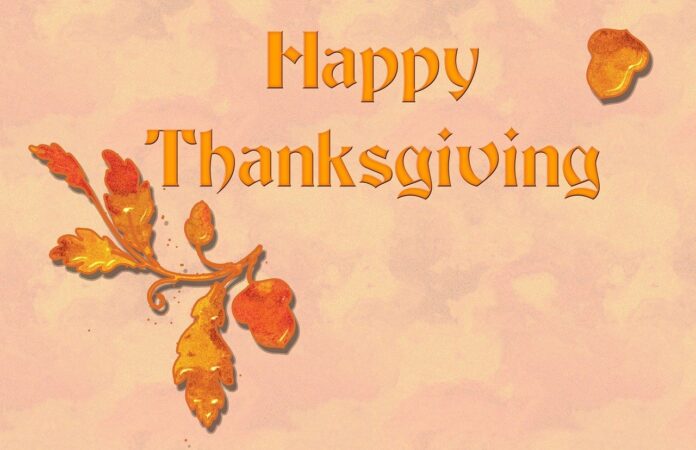Thanksgiving, a beloved holiday celebrated with feasts and gratitude, carries a rich history woven from diverse cultural threads and historical events. Its roots delve deep into the annals of time, a tapestry interlaced with stories of unity, resilience, and communal appreciation.
The origins of Thanksgiving are intertwined with ancient harvest festivals practiced by various cultures across the globe. These celebrations, steeped in gratitude for bountiful harvests, were observed by civilizations like the ancient Greeks, Romans, and indigenous peoples long before the concept traversed oceans to the New World.
In North America, the narrative of Thanksgiving is often anchored in the 1621 feast shared between the Pilgrims and the Wampanoag tribe in Plymouth Colony. Following a harsh winter that claimed many lives, the Pilgrims, seeking to give thanks for a successful harvest, invited the Wampanoag people to a communal feast.
This historic gathering was more than just a meal—it symbolized unity and the spirit of cooperation between two distinct cultures. The Pilgrims and the Wampanoag shared food, stories, and traditions, laying the groundwork for what would eventually evolve into the modern Thanksgiving celebration.
The observance of Thanksgiving-like ceremonies was not unique to this event. Various Native American tribes had long practiced rituals expressing gratitude for nature’s bounty, often marked by communal meals and ceremonies, influencing the essence of the Thanksgiving we celebrate today.
As the years passed, different colonies and states in America observed days of thanksgiving at different times, often tied to religious or regional events. It wasn’t until the 19th century that Thanksgiving began to take on a more unified form.
In 1863, during the height of the Civil War, President Abraham Lincoln declared Thanksgiving to be a national holiday, aiming to foster a sense of unity and healing amidst a fractured nation. Lincoln’s declaration set the stage for a nationwide celebration of gratitude and solidarity, unifying diverse communities under a common day of thanks.
The evolution of Thanksgiving continued with its recognition as a federal holiday, celebrated annually on the fourth Thursday of November. Over time, traditions associated with Thanksgiving expanded to include parades, football games, and volunteering, amplifying the essence of giving back and appreciating the blessings bestowed upon individuals and communities.
Canada also embraces its own iteration of Thanksgiving, stemming from earlier explorers’ ceremonies and eventually established as a national holiday in 1879. Similar to its American counterpart, Canadian Thanksgiving revolves around gratitude, family gatherings, and a sumptuous feast, albeit celebrated on the second Monday in October.
However, the celebration of Thanksgiving hasn’t been without its nuances and evolving perspectives. In recent times, there’s been a growing awareness of acknowledging the indigenous perspective and the complex history surrounding the arrival of European settlers, encouraging reflection on the broader narrative of the holiday.
Today, Thanksgiving stands as a poignant reminder of the power of gratitude, unity, and cultural amalgamation. It transcends its historical origins, embodying a spirit of appreciation, togetherness, and empathy. It’s a time for families and communities to come together, share a meal, and express gratitude for life’s blessings while acknowledging the diversity that enriches our collective tapestry.






